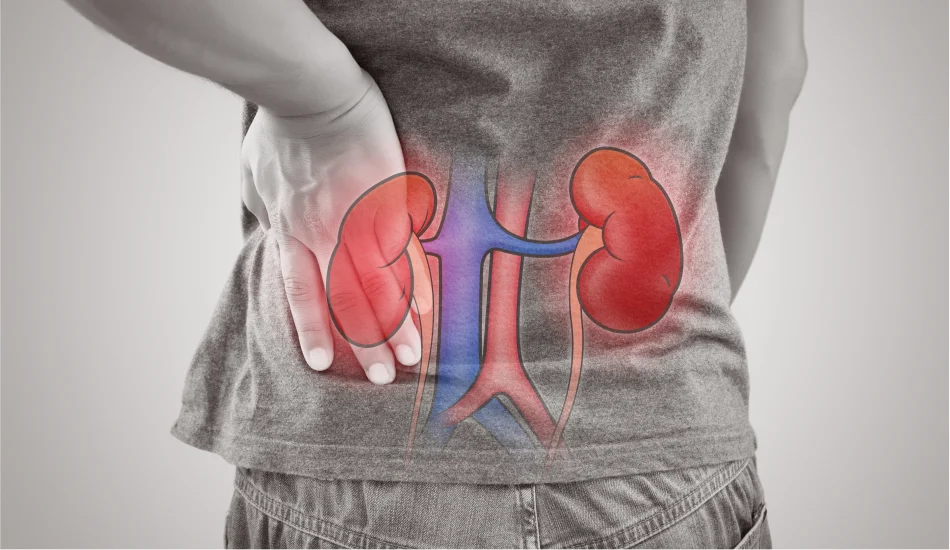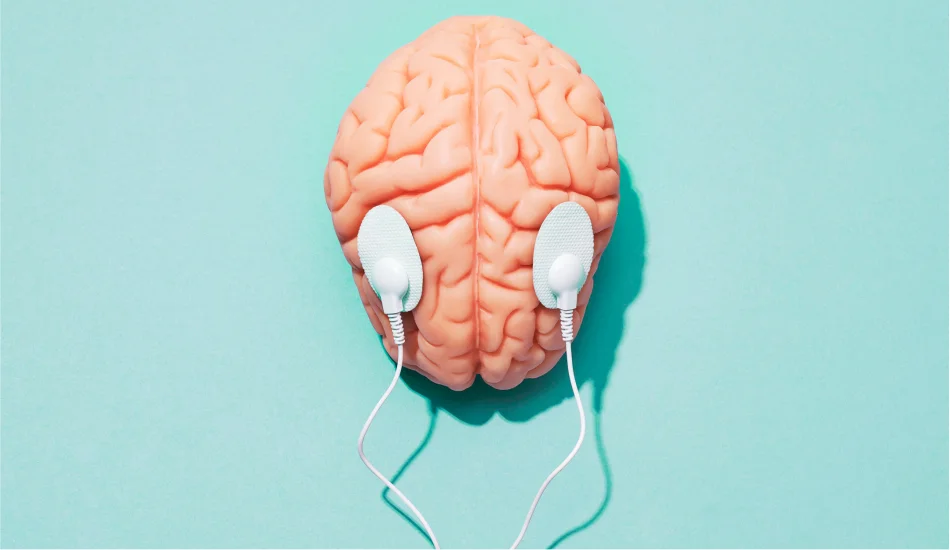
Kidney failure, often referred to in renal failure is when the kidneys cease their ability to remove excessive fluids and waste out of the blood stream effectively. The condition may be acute or chronic, and requires immediate medical attention to avoid serious complications. In Chirayu Super Speciality Hospital, we’re committed to providing comprehensive medical care and education to assist our patients prevent and manage kidney failure. In this article, we’ll look at the various types, signs of kidney failure, their causes, and the treatment of kidney failure.
Types of Kidney Failure
There are two kinds of kidney failure the chronic kidney failure (AKF) and chronic kidney failure (CKF).
- An acute Kidney Failure (AKF)
The term “acute renal failure,” also referred to in the medical field as acute renal dysfunction is an abrupt reduction in kidney functions that can happen within a couple of days or hours. It can be reversed when treated quickly.Most Common Causes of ACF:- Severe dehydration A lack of fluids can cause a decrease in the flow of blood to kidneys.
- Infection Infections with a high severity such as sepsis can affect kidney function.
- Medicines Certain medications such as nonsteroidal anti-inflammatory drugs (NSAIDs) and antibiotics may cause kidney damage.
- Obstruction Blockages of the urinary tract like kidney tumors or stones, can cause AKF.
- Heart Failure Heart Failure: A reduced heart function could cause a decrease in kidney blood flow.
Signs of AKF:
- Increased Urine Output This means that the urine is produced less than normal.
- Swelling The body’s fluid retention is evident in ankles, legs and feet.
- Fatigue and weakness You may feel exhausted or weak.
- Shortness of breath Trouble breathing because of the accumulation of fluid in the lungs.
- Nausea and vomiting You are feeling nauseated to the point of stomach, and vomiting.
- Chronic Kidney Failure (CKF)The chronic kidney condition, commonly referred to as chronic kidney diseases (CKD) is an ongoing impairment of the kidney that can last for several months or even years. It’s usually irreversible and may progress into end-stage renal disease (ESRD) in the event of not being treated appropriately.Common causes for CKF:
- Diabetes Hyper blood sugar levels could cause damage to the blood vessels of the kidneys.
- Hypertension Hypertension may cause blood vessels within the kidneys to more narrow and brittle.
- Glomerulonephritis Inflammation of kidney’s filtering units (glomeruli).
- The polycystic Kidney Disease: A genetic disorder that is characterized by the development of cysts within the kidneys.
- Chronic Infections Recurrent UTIs. (UTIs).
The symptoms Of CKF:
- Modifications to Urination The frequency of urine is increased especially at night or decreased urine output.
- Swelling Fluid retention within the extremities.
- Fatigue The most common symptoms are persistent fatigue and weakness.
- The itchy skin It is caused by blood borne waste.
- The loss of Appetite Vomiting, nausea, and metallic taste in your mouth.
- Shortness of breath The buildup of fluid in the lungs can lead to breathing problems.
- high blood pressure Blood pressure that is elevated that is hard to control.
The causes of kidney failure
Kidney dysfunction can result from different conditions and triggers that affect kidney function.
Common Reasons:
- Diabetes The primary reason for CKD or kidney damage. Blood sugar levels that are high can cause damage to the kidneys over time.
- Hypertension Second most frequent reason for CKD. Hypertension can damage kidney blood vessels.
- Glomerulonephritis Inflammation of kidney’s filtering systems may cause damage to the kidneys.
- The Polycystic Kidney Disease: A genetic condition that causes cysts to form in kidneys.
- Obstruction for a long time The conditions such as kidney stones, prostate cancer or tumors may hinder the urinary tract, and lead to kidney damage.
- Infections Infections with a high severity particularly those that trigger sepsis, may affect kidney function.
- Toxins and Medications Certain medications and toxins can harm kidneys.
The management of kidney failure
Treating kidney failure means addressing the root cause, relieving symptoms, and slowing down the development of the condition. The method used to treat the problem is dependent on the severity and type of the kidney disease.
Acute Kidney Failure Treatment :
- Treatment of the Cause that is Underlying:
-
- Rehydration Injecting intravenous fluids to combat dehydration.
- For Infection Control using antibiotics to fight infections.
- Medicine Adjustment Modifying or discontinuing the dosage of medications that can cause damage to kidneys.
- Removal of Obstructions Treatment of blockages inside the urinary tract.
- Treatment for Symptoms:
-
- Dialysis The process of temporarily removing extra fluids and waste from blood.
- Electrolyte Management: Correction of imbalances in electrolytes like sodium and potassium.
- Supportive Care:
-
- Dietary Support providing the right diet for recovery.
- Monitoring Monitoring regularly of kidney function and general health.
Control of chronic kidney failure
- Lifestyle modifications:
-
- Food Changes Reduce protein, salt and phosphorus intakes to reduce the burden on kidneys.
- Exercise Regular physical exercise to boost overall health.
- Stop smoking Smoking out to improve blood flow and lower the chance of kidney damage.
- The Limit of Alcohol Limiting drinking alcohol can reduce blood pressure, and stop further strain on the kidneys.
- Medications:
-
- Blood Pressure Treatment Controlling hypertension in order to stop further damage to kidneys.
- Blood Sugar Management Utilizing medications to manage the effects of diabetes.
- Cholesterol Lowering Drugs Lowering cholesterol levels to protect kidney blood vessels.
- Dialysis:
-
- Hemodialysis is the process of using an instrument to remove extra fluids and waste out of the blood.
- Peritoneal Dialysis Utilizing the abdomen’s lining to draw blood out of the body.
- Kidney Transplant:
-
- Eligibility Examining patients for the possibility of a kidney transplant.
- Surgery Removing the damaged kidney by a healthy one donated by a.
- Regular Monitoring:
-
- Blood tests for creatinine and the glomerular filtration rate (GFR) to evaluate kidney function.
- Urine Testing is used to detect abnormal levels of blood or protein in urine.
- Monitors Blood Pressure in order to control hypertension.
Conclusion
Failure of the kidney is a grave disease needing prompt, efficient treatment. In Chirayu Super Speciality Hospital, we’re dedicated to providing a comprehensive treatment to help patients manage and avoid kidney failure. Understanding the various types, signs that cause them, as well as the causes and strategies for kidney failure will enable you to take charge for your own kidney’s health. If you are concerned regarding kidney function contact our knowledgeable team now. Your health and well-being is our highest priority.



